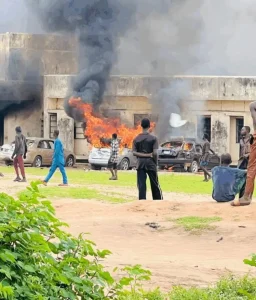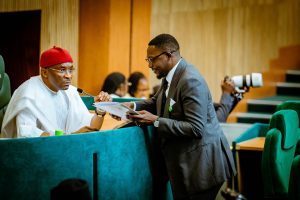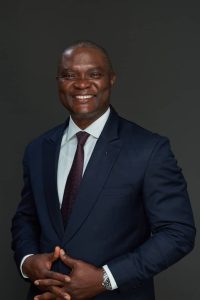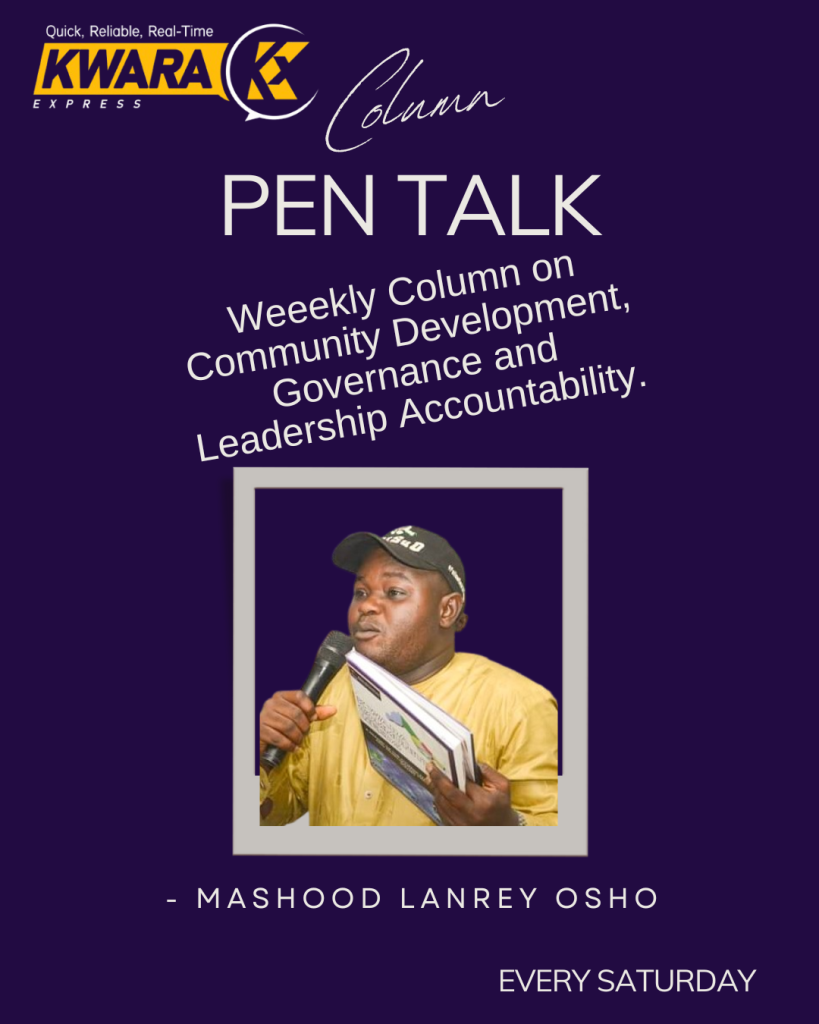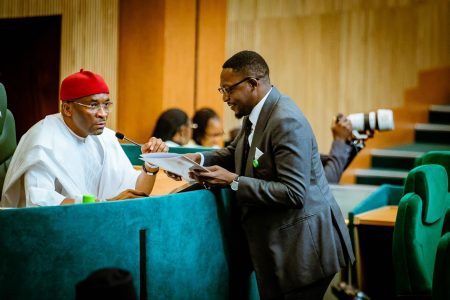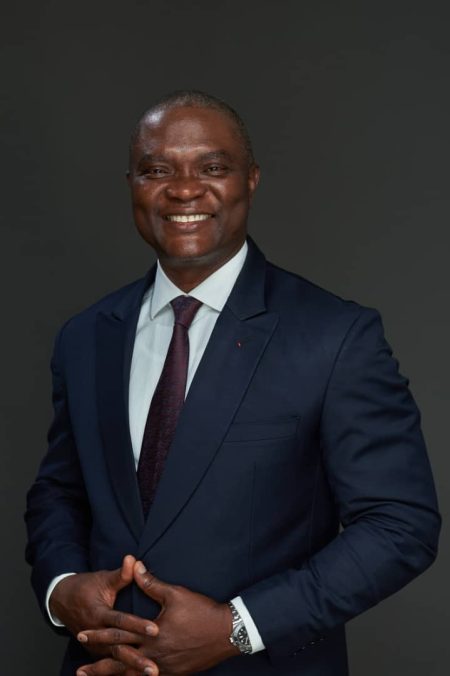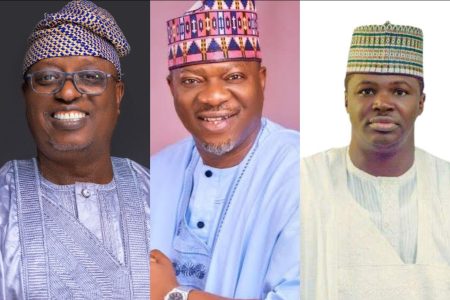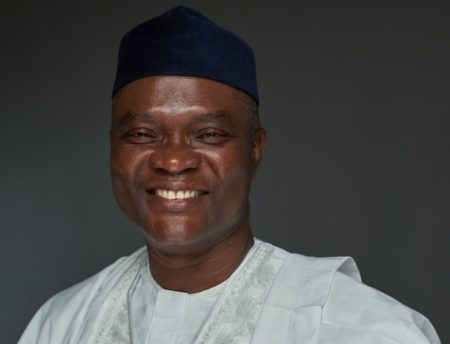Fellow Nigerians, I must be blunt and frank that 2024 was an exceptionally tough year for the majority of Nigerians and my fellow Kwarans. It was a year marked by widespread job losses, with people forced to sell their cars to feed their families. Many individuals with health challenges couldn’t afford basic drugs and medical bills. Inflation skyrocketed to historic highs, dashing the hopes of numerous Nigerians. This year will be etched in the memories of many Nigerians, and the primary cause of this misery was the subsidy removal implemented by President Bola Ahmed Tinubu.
This experience has reinforced my advocacy for citizen inclusiveness. We cannot continue to leave politics solely to politicians, and expecting things to magically work as we hope. It is imperative for citizens to hold those in government accountable, utilizing all legal means including court action and peaceful protests to demand effective democracy and good governance. The truth is, good governance is not a gift, it requires active citizen involvement.
When President Bola Ahmed Tinubu announced the removal of subsidies in May 2023, I expected the Nigeria Labour Congress (NLC) and the Trade Union Congress (TUC) to immediately engage the president and take him to court in the national interest. Although they eventually took action, it was delayed, and this tardiness hindered their ability to achieve swift results.
While President Bola Ahmed Tinubu inherited an economy on the brink of collapse, plagued by insecurity and unemployment, he cannot absolve himself of responsibility, given his role in the previous administration. His economic policies, coupled with the cash policy that led to significant job losses, have stifled numerous businesses, many of which are still struggling to recover.
We know how Emefiele, the former CBN governor, bastardized our economy, printing money countless times to pay salaries without investing a substantial amount in our economy. These actions are the basis of Nigeria’s misfortune, inherited by the Tinubu administration. However, the president cannot complain because he was part and parcel of the government, he helped bring Buhari to power. But let’s leave the blame game aside and analyze the future, particularly 2025.
Before delving into that, 2024 in Kwara State was a year when the majority of Kwarans couldn’t afford three square meals a day. The poverty rate in Kwara continued to rise, and Governor AbdulRahman AbdulRazaq’s cash policy, implemented through Kwassip, hasn’t touched people’s lives as expected. There’s a need for the governor to do more in 2025.
The fact remains that governments are the largest spenders, and when they cease to spend, people’s lives are affected positively. What we are witnessing is a result of this, and there’s no magic involved. To reduce poverty and boost food sufficiency in Kwara State, two things need to be done by Governor AbdulRahman AbdulRazaq, and they’re relatively simple.
There’s a need for the governor to use Kwas
sip to touch Kwarans’ lives. The 20,000 Naira and 50,000 Naira cash policy is not working as expected and has yet to touch Kwarans’ lives. Some people argue that these stipends are meant only for low-income earners and petty traders, and nobody disputes that. However, statistics need to be conducted to determine how effective this policy has been in impacting our people.
The truth remains that the government needs to change its tactics and effectively deliver to our people to reduce the poverty rate in Kwara State. To boost food sufficiency, there’s a need for the government to provide more tractors to local farmers and curb herder-farmer clashes. Insecurities must be fought head-on to allow farmers to cultivate their land, boosting food production in Kwara State. Our people’s lives must be better in 2025 than they were in 2024.
I read President Bola Ahmed Tinubu and Governor AbdulRahman AbdulRazaq’s New Year messages, and I must say that they’re full of hope. Nigeria and Kwara State seem to be on the right path to progress if the government delivers as expected.
I was thrilled to hear President Bola Ahmed Tinubu urging Nigerian governors to invest in agriculture, emphasizing that the federal government’s efforts are merely supplementary, as the states own the land. It’s a fact that agriculture falls under concurrent powers, not the exclusive list, and most state governors aren’t doing enough to boost food production in Nigeria. The federal government has been supportive, but state governors need to step up to save lives from famine.
President Tinubu also highlighted the importance of credit facilities, a long-overdue development that deserves widespread support. We’ve seen how credit cards have made life easier and more meaningful for people in developed countries. Nigerians need access to credit facilities to alleviate hardship, as many struggle to afford basic necessities like school fees, medical bills, and house rent.
The proliferation of online loan apps has been disastrous, with some apps posting borrowers’ pictures online and threatening to shame them for late payments. This is a blatant violation of people’s rights, and these apps must be banned from Nigeria and prosecuted. The government must take decisive action to protect citizens from predatory lending practices.
To make 2025 a better year, citizens must take an active role by holding those in government accountable through rigorous engagement. Fostering a culture of citizen-government interaction is crucial for promoting transparency and accountability. The truth is, no politician can effect change without the involvement and participation of citizens.
As we embark on this new year, I wish us all a better and more fruitful 2025. May our collective efforts towards greater citizen engagement and government accountability yield positive results, leading to a brighter future for all Nigerians.
End.



![Man is not built to sexually be with one woman’ – 2Face Idibia [VIDEO]](https://kwaraexpress.com/wp-content/uploads/2025/07/IMG_2094-259x300.jpeg)
